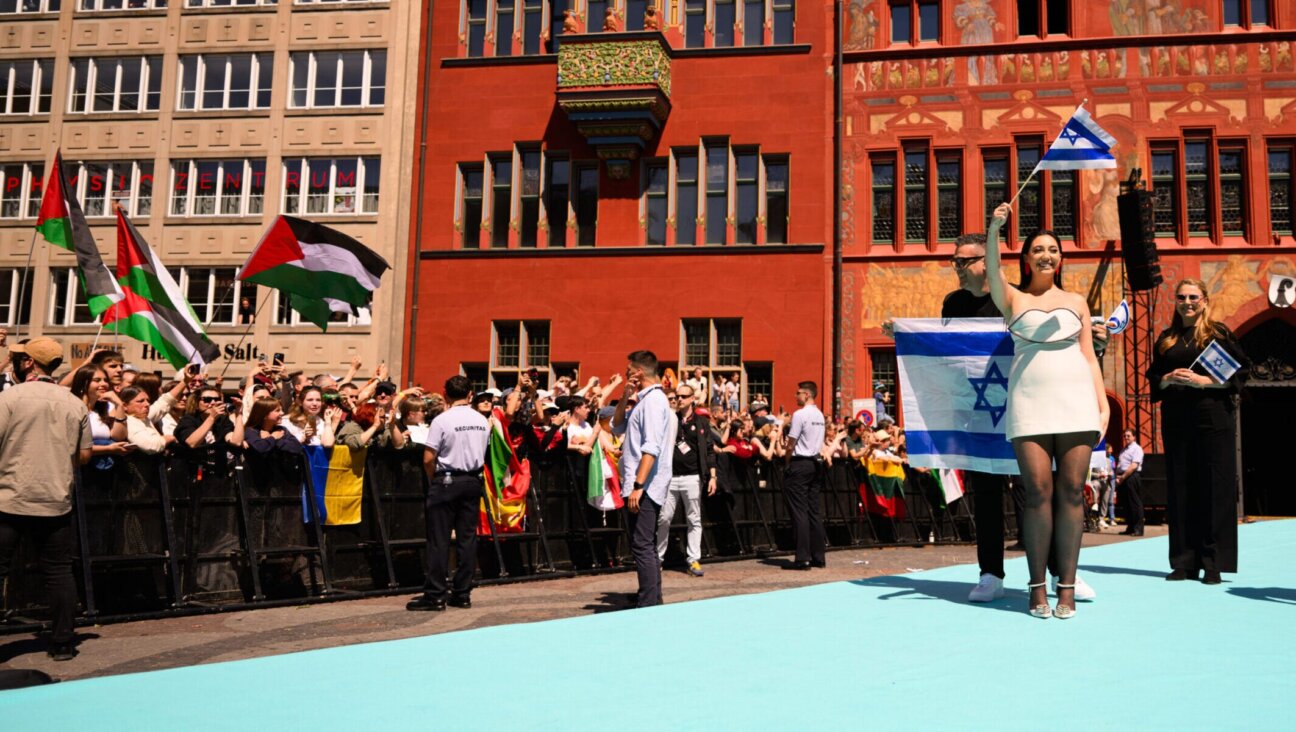Hamas Spokesman: Deal for Shalit Could Come by Friday
A deal for the release of abducted Israel Defense Forces soldier Gilad Shalit could be sealed by Friday, Hamas spokesman Ayman Taha told Haaretz on Sunday.
A delegation for the Islamist group is heading to Cairo on Monday to debate the latest list of prisoners Israel is prepared to release. When asked whether the deal could be signed by the end of the week, Taha said: “I hope this will be possible, with the help of God.”
President Shimon Peres on Sunday confirmed reports of “real progress” in the negotiations.
The matter was raised during Peres’ meeting on Sunday with his Egyptian counterpart, Hosni Mubarak, whose government has been mediating the negotiations between Israel and Hamas.
“There is no doubt that real progress has been made on the issue of Gilad Shalit, but the details must be kept behind the scene,” the president said upon return from a visit to Cairo.
The president’s confirmation came shortly after the Al-Arabiya news agency quoted senior Hamas sources as saying that “unprecedented” progress has been made in negotiations and that a deal could be finalized in days.
That report came amid a slew of reports on progress in talks to secure the soldier’s release.
According to Al-Arabiya, Hamas officials in Lebanon and Syria are expected to debate in the near future a new list of prisoners Israel recently presented to Egypt.
Israel Defense Forces Chief of Staff Gabi Ashkenazi warned earlier Sunday that the back and forth reports do not bring the abducted IDF soldier closer to freedom.
“Our obligation to a soldier who was kidnapped is to bring him back home, but I prefer to leave this effort behind the scenes,” Ashkenazi told new recruits to the IDF. “All of the reports in the media do not help solve the problem.”
The chief of staff’s remarks came after the reports by the foreign media, along with mounting tension among political officials, signaled that the negotiations may be close to a resolution.
Some Arab newspapers have even set a date for the release, this Friday, Id al-Adha – the Muslim feast of the sacrifice.
Two more developments might presage progress toward a deal: Hamas said Saturday it had reached an agreement with the Palestinian factions on a halt to rocket fire from the Gaza Strip on nearby Israeli communities. And President Shimon Peres announced that he would meet with Egyptian President Hosni Mubarak today in Cairo.
The Israeli side has maintained silence, for the most part, with censorship enforced to a greater extent than usual. Industry, Trade and Labor Minister Benjamin Ben-Eliezer, who is also a member of the inner cabinet, said over the weekend that he hoped to see Shalit home “within three months.”
A spokesman for the Israel Defense Forces, Brig. Gen. Avi Benayahu, spoke of “many reports, some true and some disinformation.” He pledged that “we would spare no effort” in bringing the abducted soldier home.
A few times this year, indirect negotiations between Israel and Hamas seemed to be coming closer. So far, Israel’s refusal to accede to Hamas’ demand to release some of the most heinous Hamas murderers, along with Hamas’ tactical considerations in its struggle with the Palestinian Authority, has blocked an agreement.
But one significant component of the picture has changed: the involvement of the German intermediary last spring, around when Netanyahu was forming his cabinet. Another milestone was the “small deal” in early October – the release of 20 Palestinian women prisoners in exchange for a video of Shalit. Hamas could gauge by Israel’s consent to this deal that a prisoner exchange was possible.
Last March, just hours before the Olmert government left office, the two sides disagreed over 135 names among the 450 “major” prisoners Hamas was demanding. And they are just some of the prisoners the abductors expect will be released as part of a deal. Last week Fox News reported that Hamas had sent the names of 70 prisoners to replace ones whom Israel had refused to release.




















